
Radar | Dec 19,2020
Aug 16 , 2020
By HAGOS GEBREAMLAK ( FORTUNE STAFF WRITER )
The Leather Industry Development Institute has released five industrial waste reutilisation schemes for leather factories. The recycling schemes will enable the tanneries to produce glue, salt, water, organic fertiliser and chrome powder from waste.
Ethio-Leather Industry (ELICO), a subsidiary of MIDROC Ethiopia, carried out waste management and reutilisation research in cooperation with the Institute. The study aims at solving the existing environmental pollution caused by improper wastewater, solid waste and unpleasant odor disposal at tanneries.
The research focuses on manufacturing glue from limed-hide waste; organic fertiliser compost from fleshing waste; and recovering and preparing protein-hydrolysate, salt and chrome powder from chrome-bearing solid waste. The recycling of wastewater for reuse in leather processing and utilisation of the dusted salt from rawhides or skins will also be piloted.
The five schemes are expected to be implemented by all leather factories after the research is confirmed through a pilot project, according to Biruk Tilahun, communications officer at the Institute.
The project will enable the conversion of 85pc to 90pc of solid and liquid waste products from leather factories to be converted into profitable commodities, according to him.
"It's also targeted to reduce environmental pollution by recycling and reutilising tannery by-and-co-products," Biruk said.
During the past fiscal year, the industry underperformed, generating 80.1 million dollars in revenue from exports, a significant shortfall of the planned 151.5 million dollars. The performance of the sector, which is comprised of 84 leather and leather product factories during the just ended budget year, showed a decrease of 40.2 million dollars compared to the previous year's revenue of 120.3 million dollars.
The Institute attributes the 33.6pc revenue decrease to the Novel Coronavirus (COVID-19) pandemic, raw skin and leather product quality problems, input supply shortages, the foreign exchange crunch and power supply problems.
In the current fiscal year, the Institute intends for the sector to generate 100 million dollars by exporting 66 million square feet of leather, nearly 2.3 million pairs of shoes, 1.3 million leather gloves, and 516,000 leather garments. With eight million cattle hides, 12 million sheepskins and eight million goatskins produced annually, Ethiopia is the leading livestock producer in Africa and the 10th largest producer in the world.
The Institute has been conducting research in collaboration with local and foreign institutions to address challenges in the sector including the closure of leather factories due to environmental hazards.
The scheme will be beneficial to the sector in terms of import substitution, creating employment opportunities, reducing public health problems caused by improper disposal of solid waste from tanneries, and producing eco-friendly products, according to Mesafint Arega, deputy chief managing director at ELICO.
Recycling wastewater from tanneries for reuse at various stages in leather processing such as soaking, liming, de-liming, bating, degreasing, pickling and tanning is another scheme to be implemented by leather factories.
The reuse project includes extracting and utilising dusted salt from rawhide or skin on the pickling process. This is to reduce salt waste in the outlet of liquid and solid wastes from the influent plant.
"This minimises the discharged salt waste to the environment and reduces costs that are spent on procuring salt inputs," said Mesafint.
The pilot will take place at the ELICO Awash Tannery, which produces 34,000 square feet of skin and 25,200 square feet of hide a day. The tannery has installed an Effluent Treatment Plant (ETP) to pilot the wastewater reutilisation scheme. The plant has three treatment stages: a primary or physical stage; a biological stage; and a tertiary, physicochemical treatment stage.
The project will decrease costs for leather industrial input imports, according to Mesafint.
ELICO, which was established in August 1997 with a total registered capital of 51 million Br to manage the Awash Tannery, Abyssinia Tannery & Universal Leather Products Factory, and Fontanina Shoe, has committed seven million Birr to the pilot project.
The three-month trial is expected to be launched within a month, according to Mesafint.
The leather factories have agreed to implement the project and begin mass production in the coming new year, according to Daniel Getachew, secretary-general of the Ethiopian Leather Industries Association.
Anteneh Getnet, lecturer of chemical and bio-engineering at Addis Abeba University, believes that the project will upgrade the performance of the industry by reducing the cost of production and increasing the availability of inputs.
“However, the Institute should conduct feasibility studies before continuing with implementation," he said. "Some of the schemes, such as extracting salt from waste products, might be very tough and require substantial resources."
PUBLISHED ON
Aug 16,2020 [ VOL
21 , NO
1059]

Radar | Dec 19,2020
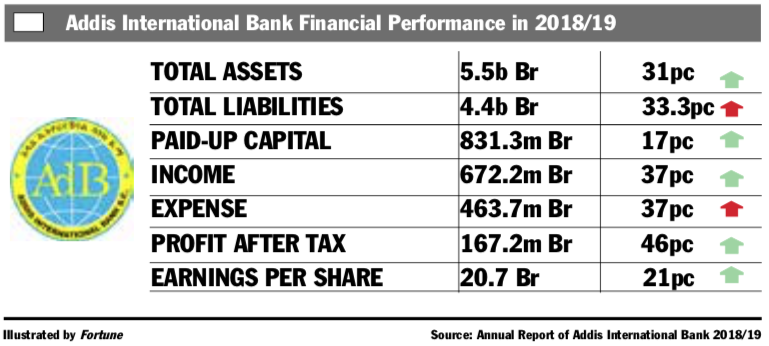
Fortune News | Dec 28,2019

Fortune News | Feb 09,2019
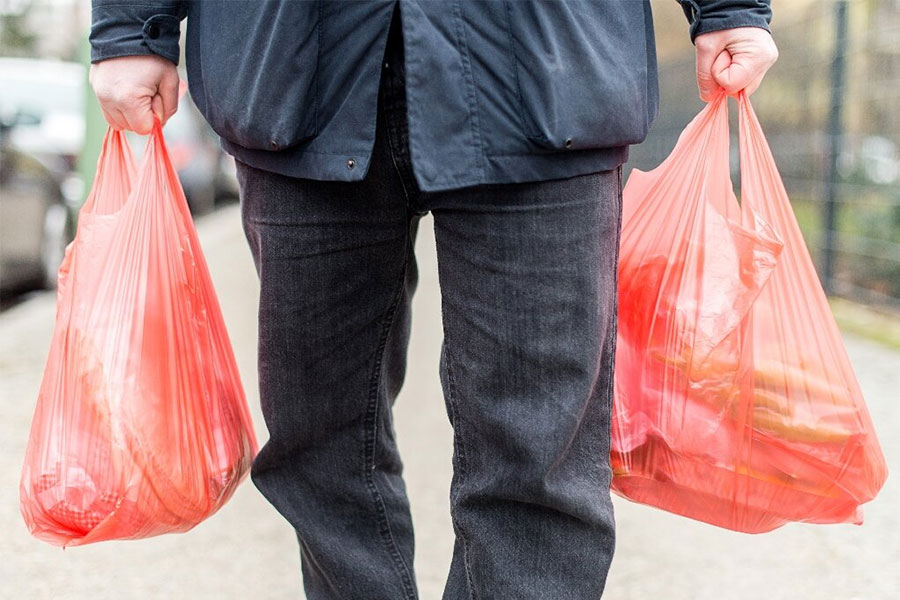
Radar | Jun 07,2025
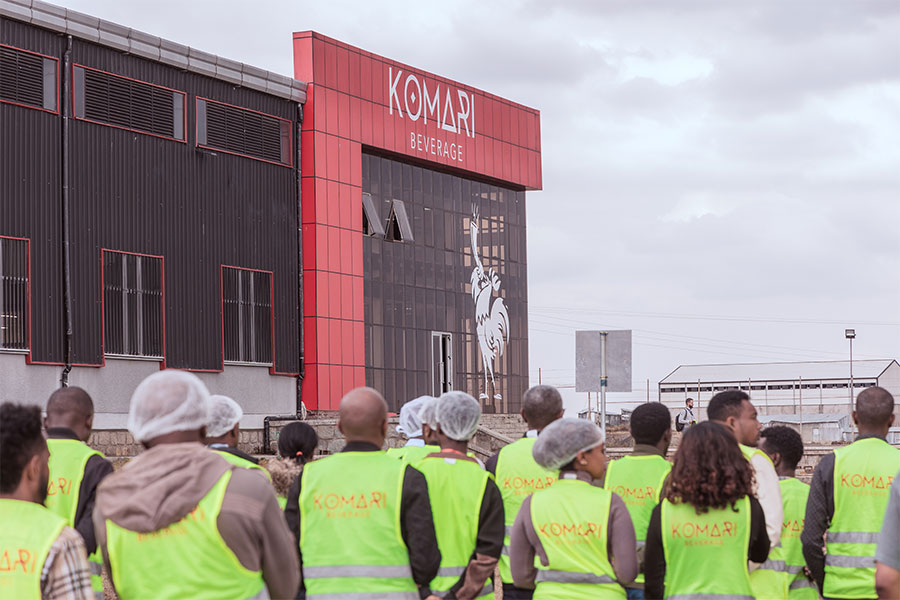
Advertorials | Feb 26,2024
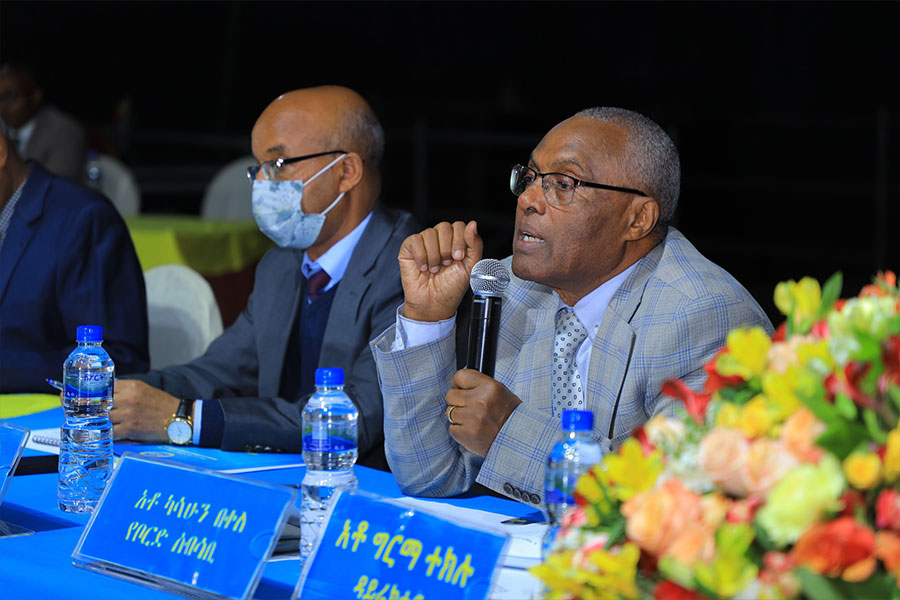
News Analysis | Mar 16,2024

Radar | Jul 27,2025
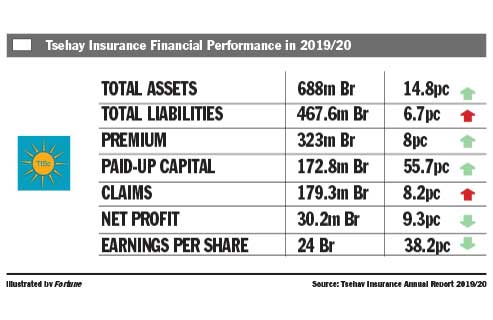
Fortune News | Feb 13,2021
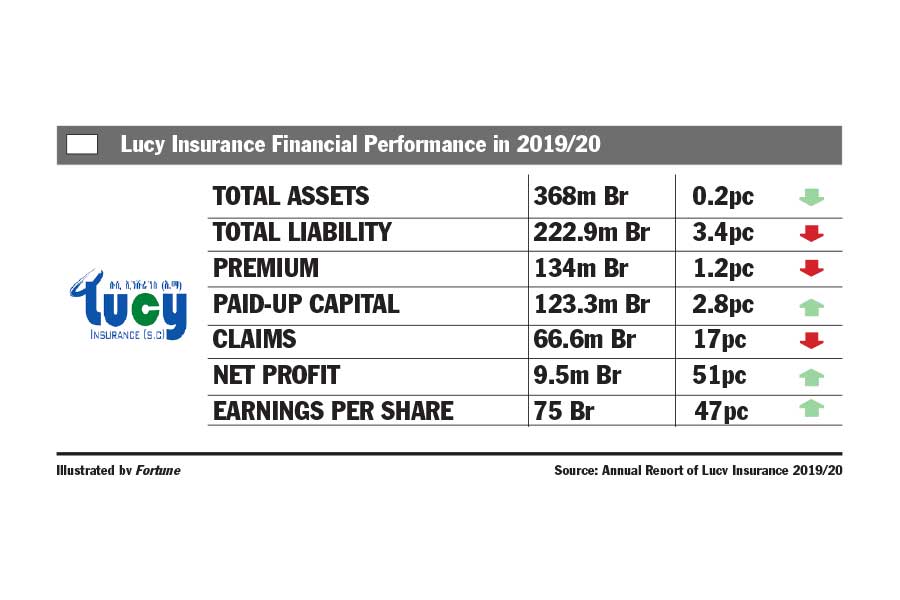
Fortune News | Feb 06,2021

Fortune News | Mar 02,2019

Dec 22 , 2024 . By TIZITA SHEWAFERAW
Charged with transforming colossal state-owned enterprises into modern and competitiv...

Aug 18 , 2024 . By AKSAH ITALO
Although predictable Yonas Zerihun's job in the ride-hailing service is not immune to...

Jul 28 , 2024 . By TIZITA SHEWAFERAW
Unhabitual, perhaps too many, Samuel Gebreyohannes, 38, used to occasionally enjoy a couple of beers at breakfast. However, he recently swit...

Jul 13 , 2024 . By AKSAH ITALO
Investors who rely on tractors, trucks, and field vehicles for commuting, transporting commodities, and f...

Oct 11 , 2025
Ladislas Farago, a roving Associated Press (AP) correspondent, arrived in Ethiopia in...

Oct 4 , 2025
Eyob Tekalegn (PhD) had been in the Governor's chair for only weeks when, on Septembe...

Sep 27 , 2025
Four years into an experiment with “shock therapy” in education, the national moo...

Sep 20 , 2025
Getachew Reda's return to the national stage was always going to stir attention. Once...